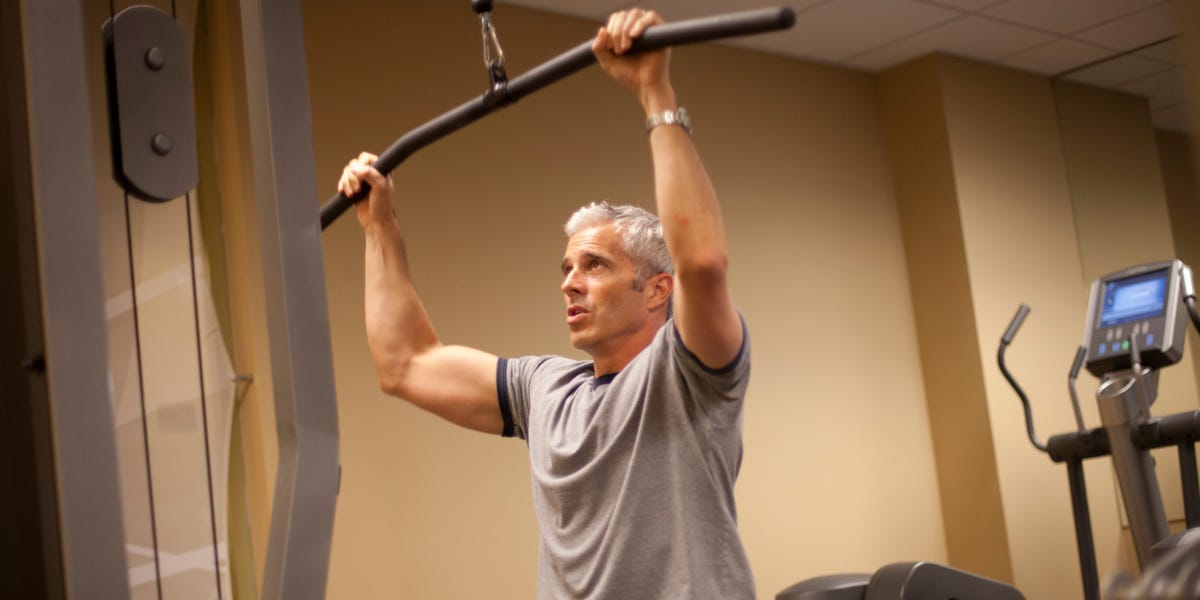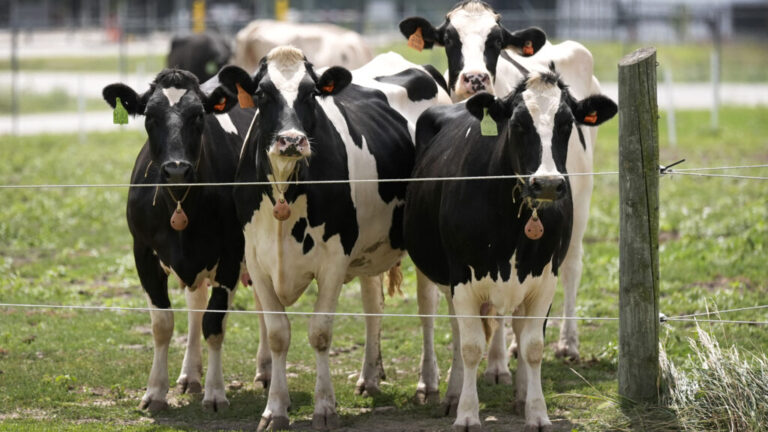Why Decades of Exercise May Not Transform Your Body
Why Decades of Exercise Isn’t Always Enough for a Dream Body
It’s a common theme in our culture: if you just work out hard enough and long enough, you’ll get the body of your dreams. But what if I told you that investing decades into exercise isn’t a guaranteed ticket to your ideal physique? Surprising, right? You might even be thinking, “Wait, I’ve been hitting the gym consistently all these years – doesn’t that count for something?” Let’s break it down together and explore why consistent exercise sometimes still leaves us feeling a bit short of our goals.
The Myth of Exercise: More Isn’t Always Better
Picture this: You’re at the gym, looking around at all the dedicated people, sweating it out on the treadmills and lifting weights. Some have been doing this for years and yet, their bodies haven’t quite achieved that magazine-cover look. This raises an eyebrow, doesn’t it? What gives?
Many of us fall victim to the notion that sheer volume of exercise will create transformation. Sure, regular exercise is essential for a healthy lifestyle. It improves heart health, boosts mood, and helps maintain your weight. But let’s take a closer look at a few factors that can derail your goals.
1. Genetics Play a Pivotal Role
You might have a friend who can eat pizza every week and still sport a six-pack while you feel like you’ve been training like a champ, but the results never materialize. That’s your genetics talking!
Genetic predispositions can significantly impact how our bodies respond to exercise:
- Body Composition: Some people naturally have a higher ratio of muscle to fat, while others have a more challenging time burning fat.
- Metabolism: Your basal metabolic rate (BMR) is shaped by your genetic makeup, affecting how efficiently your body uses energy.
- Response to Training: Some individuals may gain muscle or lose weight more readily than others, even with similar workouts.
So, while you’re busting your tail at the gym, remember that your genetics are not working against you—they’re just part of your unique body blueprint.
2. Diet: The Unsung Hero of Fitness
Let’s get real. You can log hours in the gym, but if you don’t pay attention to what you’re putting on your plate, those hard efforts might not show results. Nutrition is like the oil in a well-tuned engine; without it, the machine just doesn’t run smoothly.
Have you ever heard the phrase, “You can’t out-exercise a bad diet?” That statement rings true. Here’s why:
- Caloric Intake: If you’re consuming more calories than you burn, no amount of exercise will lead to fat loss.
- Nutrient Quality: Fueling your body with processed foods diminishes the effectiveness of your workouts, while whole foods amplify performance and recovery.
- Timing Matters: Eating at strategic times can optimize workout recovery and improve energy levels.
So next time you’re sweating it out, take a moment to ask yourself: “What’s going into my body?”
The Importance of Recovery and Variation
Ever workout so hard one week that you felt like a superhero, only to hit a wall the next? That’s your body speaking! Recovery isn’t an optional extra; it’s vital for muscle growth and overall success.
3. Rest and Recovery
We sometimes glorify the grind to the point of overlooking how essential it is to give ourselves some downtime. Here’s why recovery matters:
- Muscle Repair: When you exercise, you’re creating micro-tears in your muscles. Recovery time allows them to heal and grow stronger.
- Avoiding Burnout: Constantly pushing yourself without breaks can lead to fatigue, mental burnout, and decreased motivation.
- Injury Prevention: Overworking your body increases the risk of injuries which can sideline you for weeks.
Aim for a healthy balance of sedentary days and active recovery sessions (think yoga or light walking).
4. The Power of Variation
Just doing the same workout routine for years can stagnate your progress, much like wearing the same old shirt every day. Your body craves new challenges. Here’s what variation can do:
- Keep It Exciting: Mixing different types of training (cardio, strength, flexibility) can keep you motivated and engaged.
- Avoid Plateaus: Your muscles adapt to repetitive movements, which can stop any tangible results from happening. Introduce new exercises or alter your training methods.
- Different Muscle Groups: Working various muscle groups can prevent imbalances, helping you achieve a well-rounded physique.
Experiment, switch things up! Think of it like trading in a familiar route for an unexpected adventure.
Mindset and Mental Health
It’s easy to beat ourselves up in our quest for that dream body, leading to cycles of disappointment or frustration. Your mindset around fitness and body image can dramatically influence your journey.
5. Reframing Expectations
If your mindset is steeped in negativity and unrealistic expectations, it can overshadow all your hard work. Ask yourself:
- “What’s my goal?” Is it realistic, achievable, and healthy?
- “Am I celebrating small victories?” Even minor improvements should be acknowledged!
Remember, fitness should be about health, strength, and confidence—as much as about how you look.
6. Finding Joy in Movement
When was the last time you chose to move because it felt good? Finding joy in activities that make you smile can pave the way for long-term success. Whether it’s dancing, hiking, or biking:
- Focus on Enjoyment: Engaging in movement shouldn’t feel like a chore; it should bring happiness.
- Build Community: Join classes or groups to enjoy camaraderie and encouragement.
When you love what you do, it becomes less of a struggle and more of a lifestyle.
Conclusion: Transforming Expectations and Embracing Your Journey
In the end, dedicating decades to exercise can build fantastic habits, improve your health, and help build resilience. But remember, results don’t always correlate directly with years spent grinding it out at the gym. Genetics, diet, recovery, psychological factors, and the joy of movement all blend into the beautiful tapestry of fitness.
Your journey is uniquely yours. So let’s embrace the process, learn from it, and create a sustainable and enjoyable path to overall health.
FAQ
1. Can I still achieve my fitness goals if I have a fast metabolism?
Yes! Focus on strength training and consuming enough nutrients to support muscle growth while maintaining a balanced diet.
2. How often should I change my workout routine?
Aim to change it every 4-6 weeks or whenever you feel like hitting a plateau.
3. Is it necessary to take rest days?
Absolutely. Rest days allow your body to recover and prevent injury while aiding muscle growth.
4. What’s more important, diet or exercise?
Both are crucial. A balanced diet and consistent exercise work hand-in-hand to achieve health and fitness goals.
5. How can I find a workout I enjoy?
Try different classes, sports, or activities until you find something that feels right. Remember, the goal is enjoyment!







